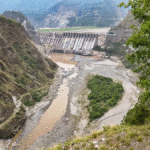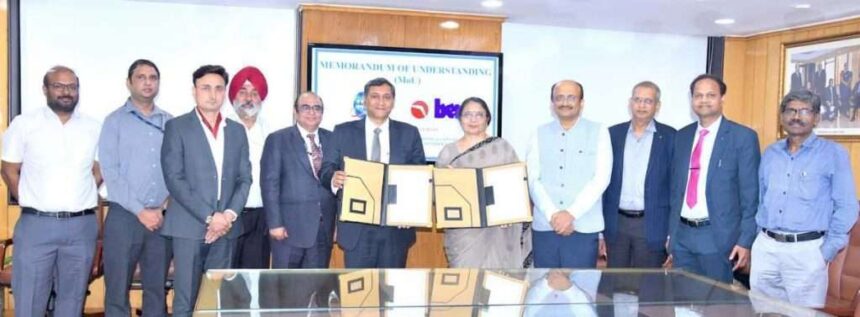In a major move to boost energy infrastructure, the Power Finance Corporation (PFC), a state-owned entity, has signed a Memorandum of Understanding (MoU) with the government of Madhya Pradesh to provide ₹26,800 crore in financial assistance to the state’s power utilities. The agreement, inked during the Madhya Pradesh Global Investors Summit 2025 in Bhopal, is set to significantly enhance the state’s power generation, transmission, and distribution capacities.
The funding will be directed towards critical capital expenditure projects involving key entities such as Madhya Pradesh Power Generation Company Ltd (MPPGCL), Madhya Pradesh Power Transmission Company Ltd (MPPTCL), and the state’s distribution companies (discoms), according to the statement released by PFC.
This financial support will play a crucial role in developing new supercritical thermal power units, solar power projects, and the renovation and modernization of existing hydropower plants. Additionally, it will be allocated to projects for building power evacuation networks, implementing smart metering systems, and loss reduction initiatives under the Revamped Distribution Sector Scheme (RDSS), ensuring improved energy security for the state and the country.
Present at the signing ceremony was Madhya Pradesh Chief Minister Mohan Yadav, who lauded the partnership as a pivotal step in bolstering the state’s energy sector and fostering economic growth. He emphasized the importance of this investment in ensuring reliable power supply to fuel Madhya Pradesh’s industrial, agricultural, and residential needs.
Power Finance Corporation, in its statement, highlighted that this collaboration is part of its broader commitment to supporting India’s growing energy infrastructure and contributing to the nation’s journey towards becoming a developed economy. By backing these essential power projects, PFC aims to help achieve the country’s long-term energy goals and sustainability targets.
With this significant financial infusion, Madhya Pradesh is poised to advance its power infrastructure, facilitating uninterrupted energy supply, increasing efficiency, and driving forward its agenda for development and modernization.










